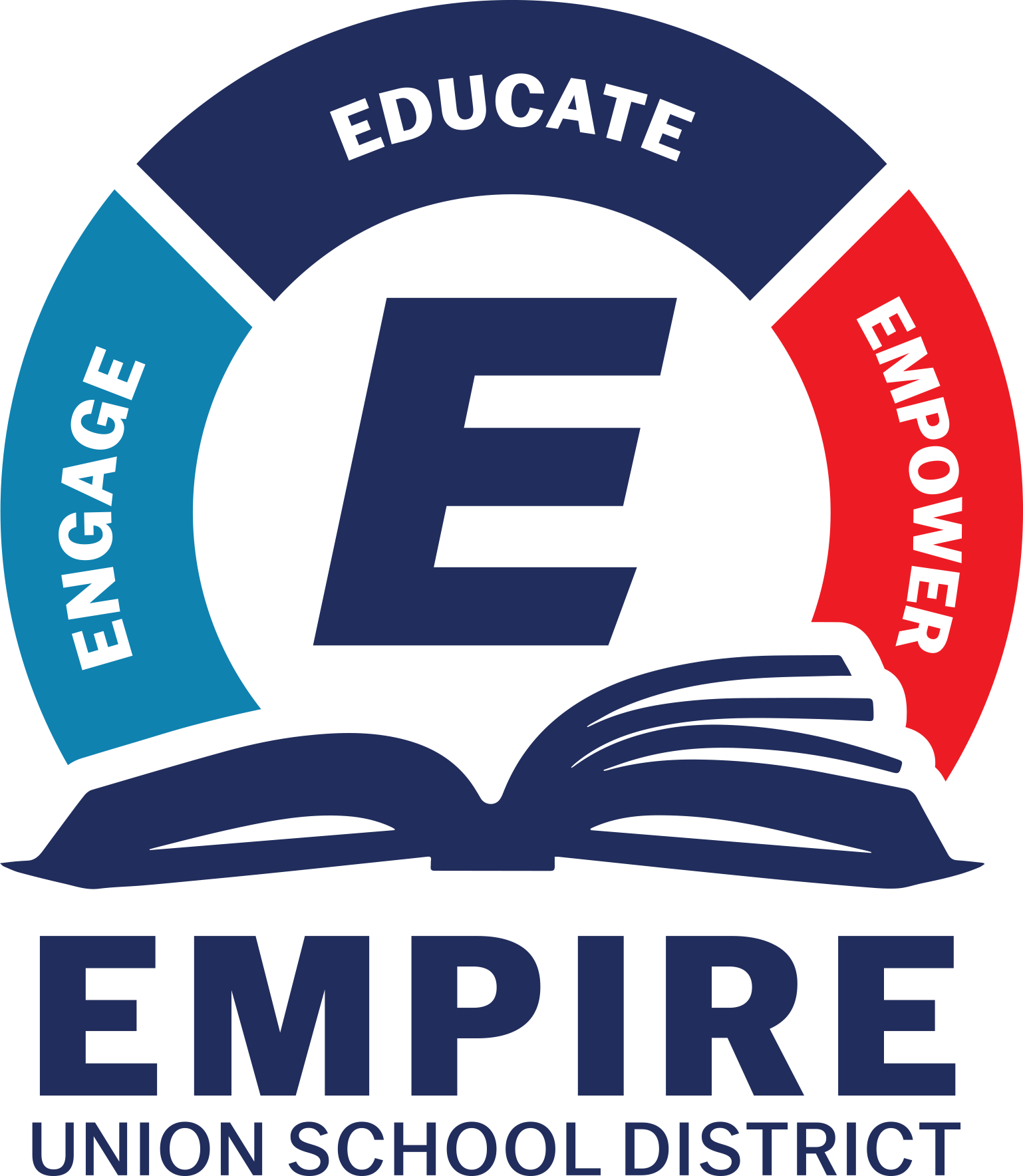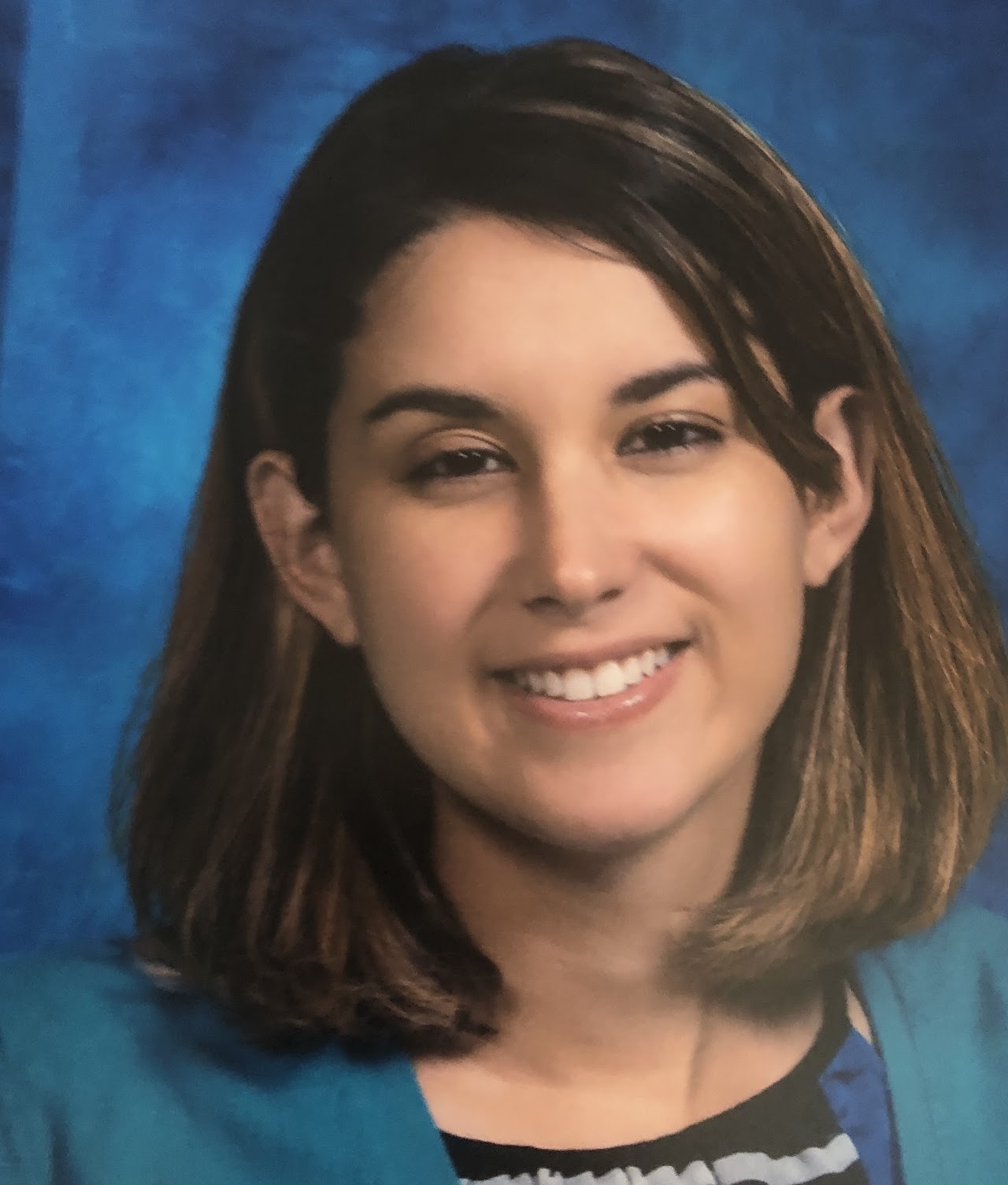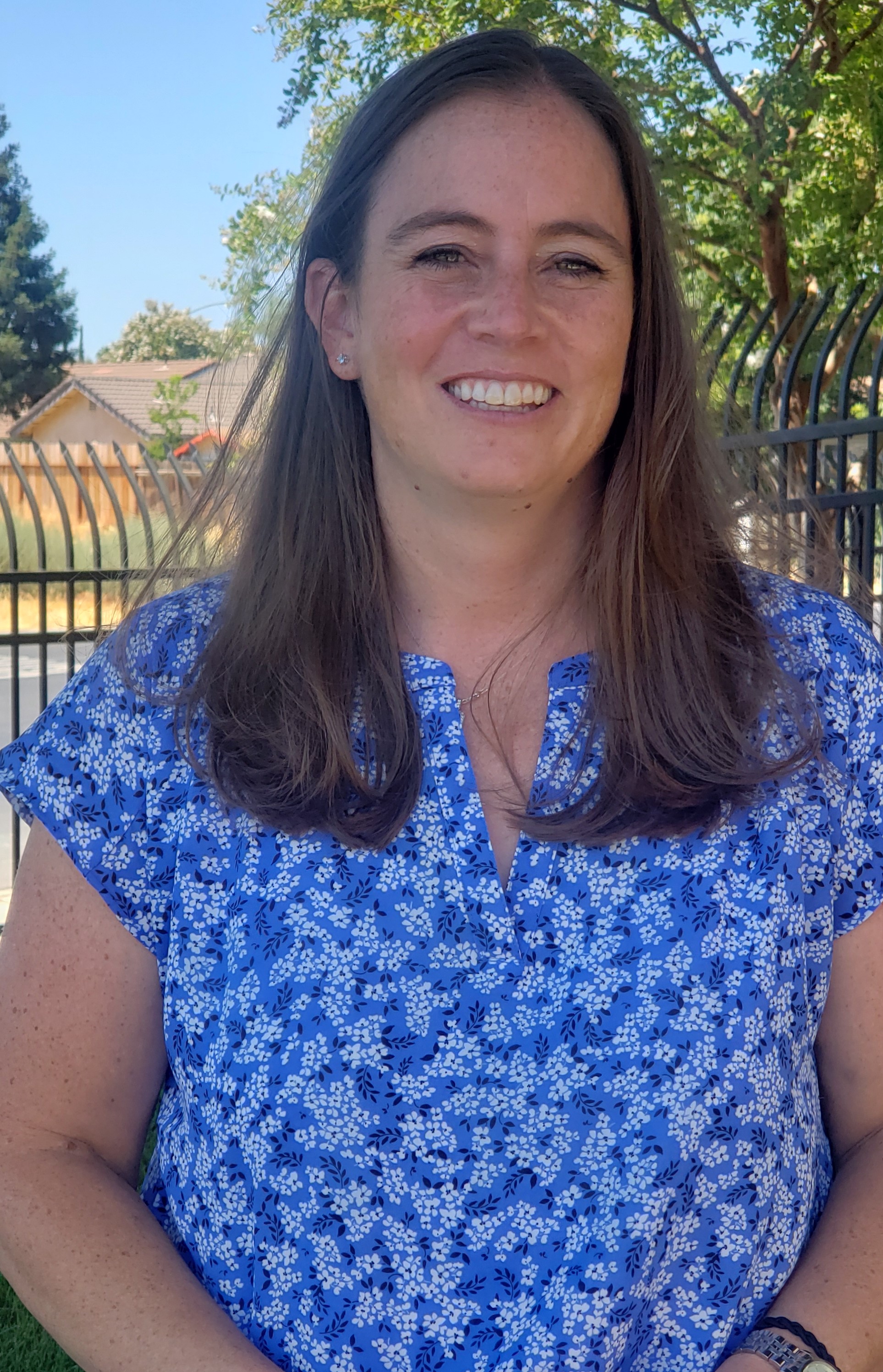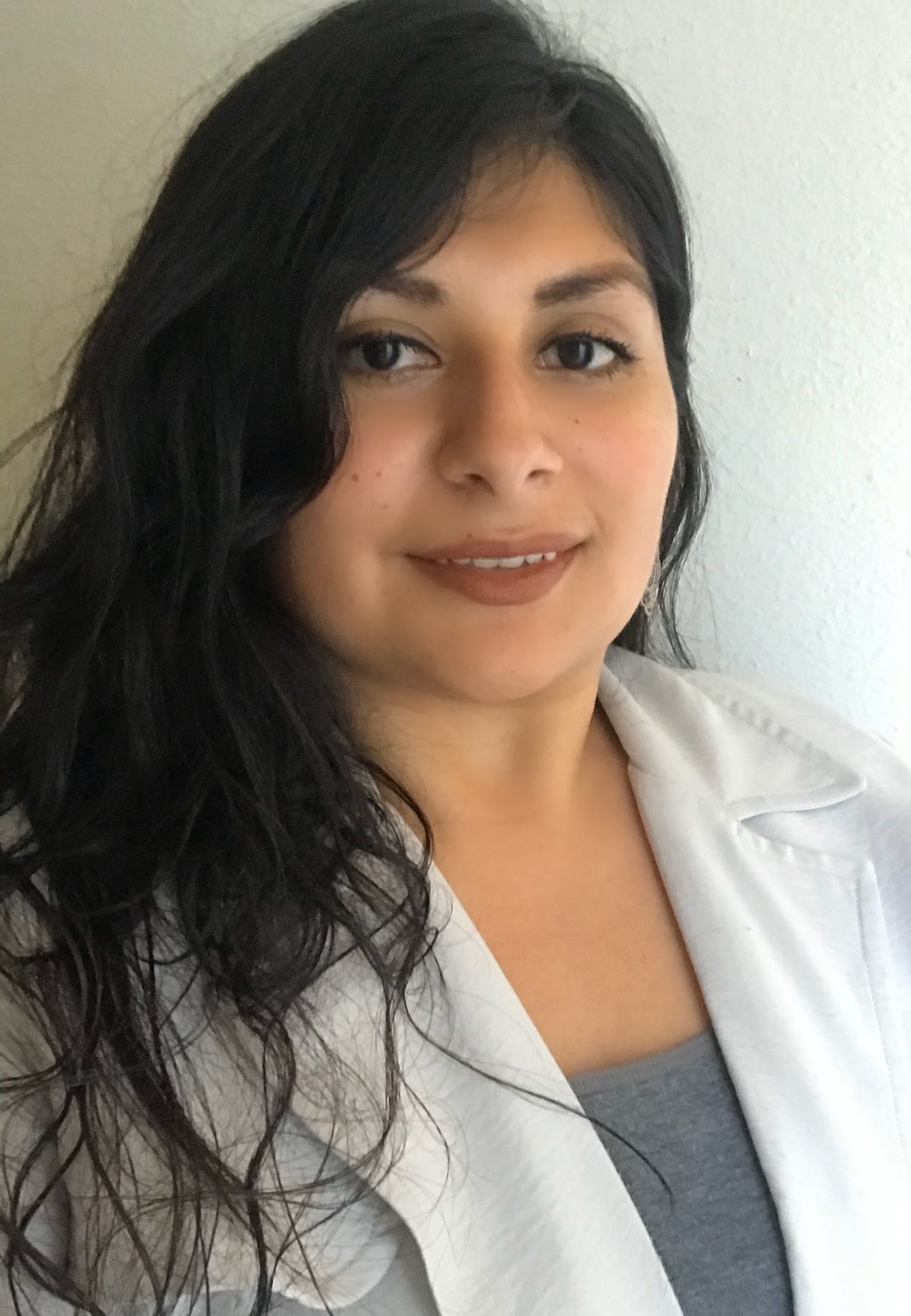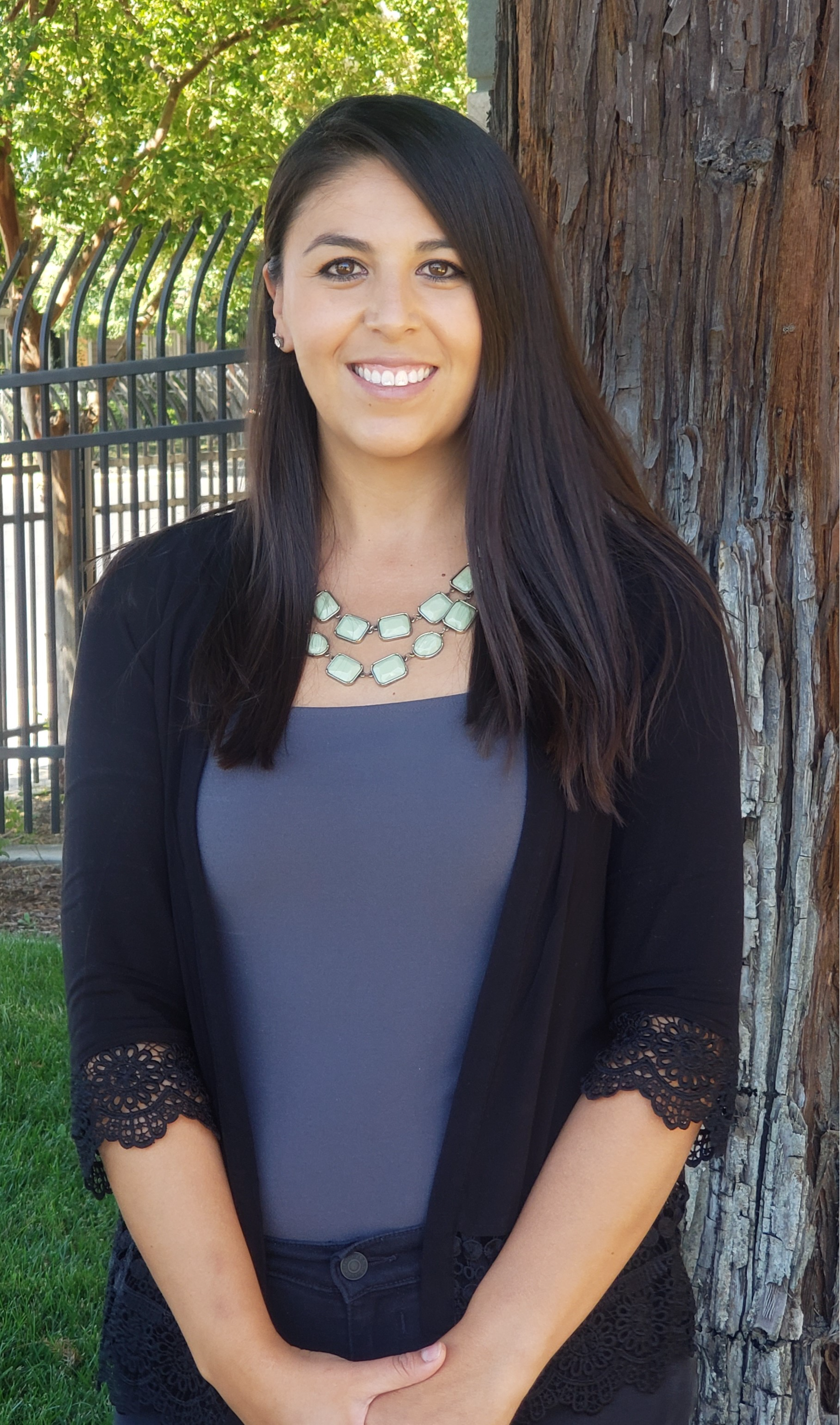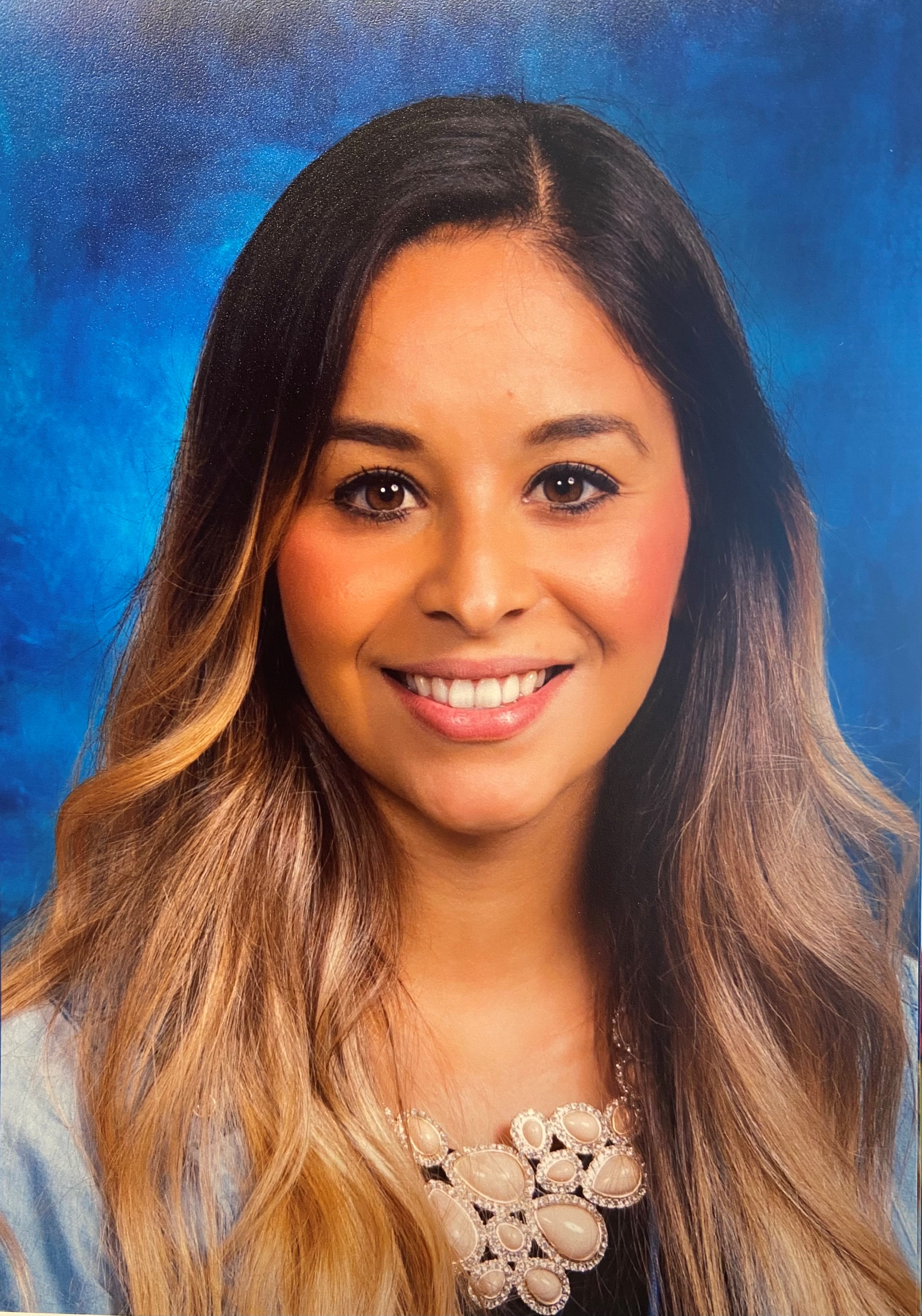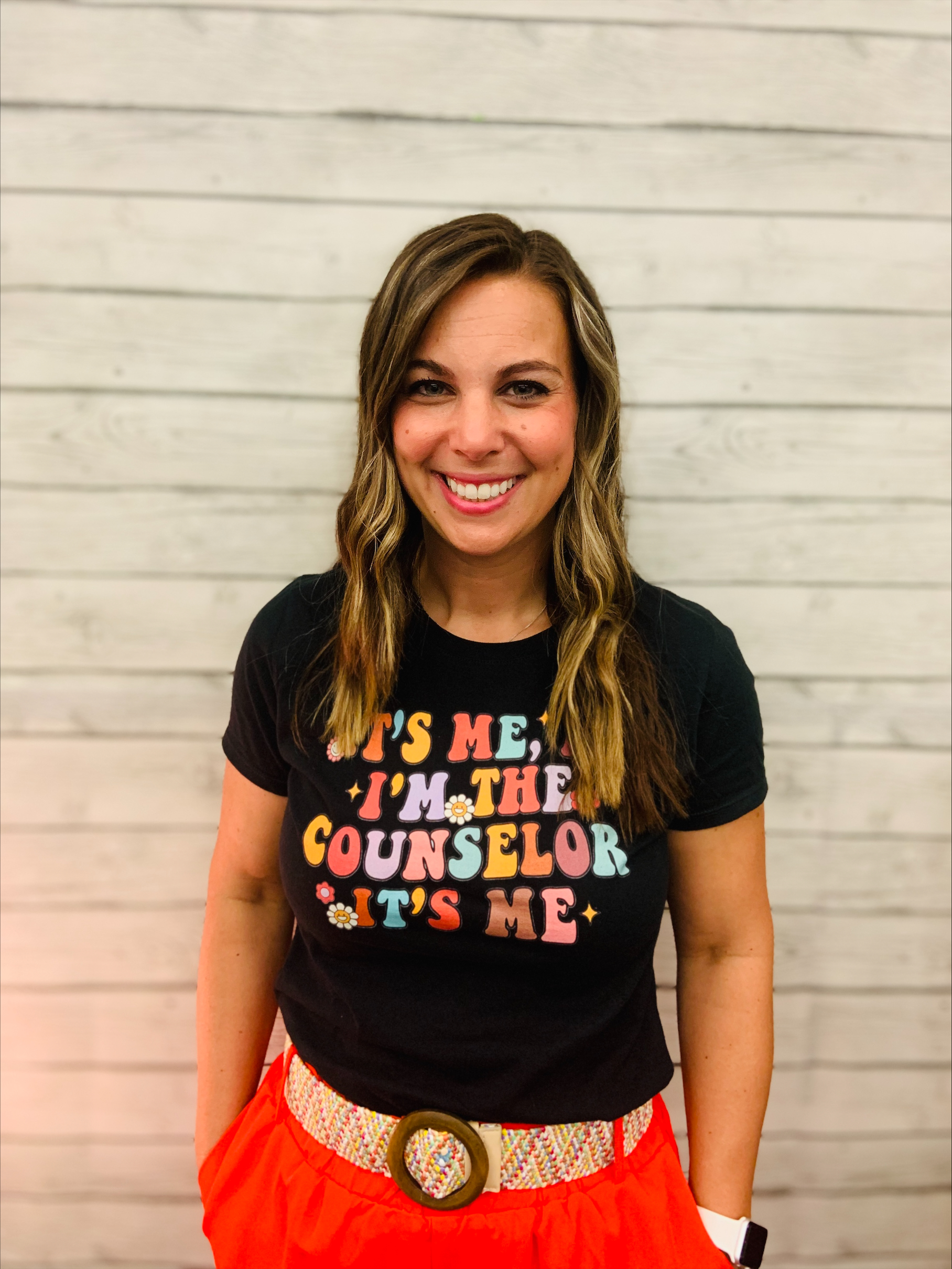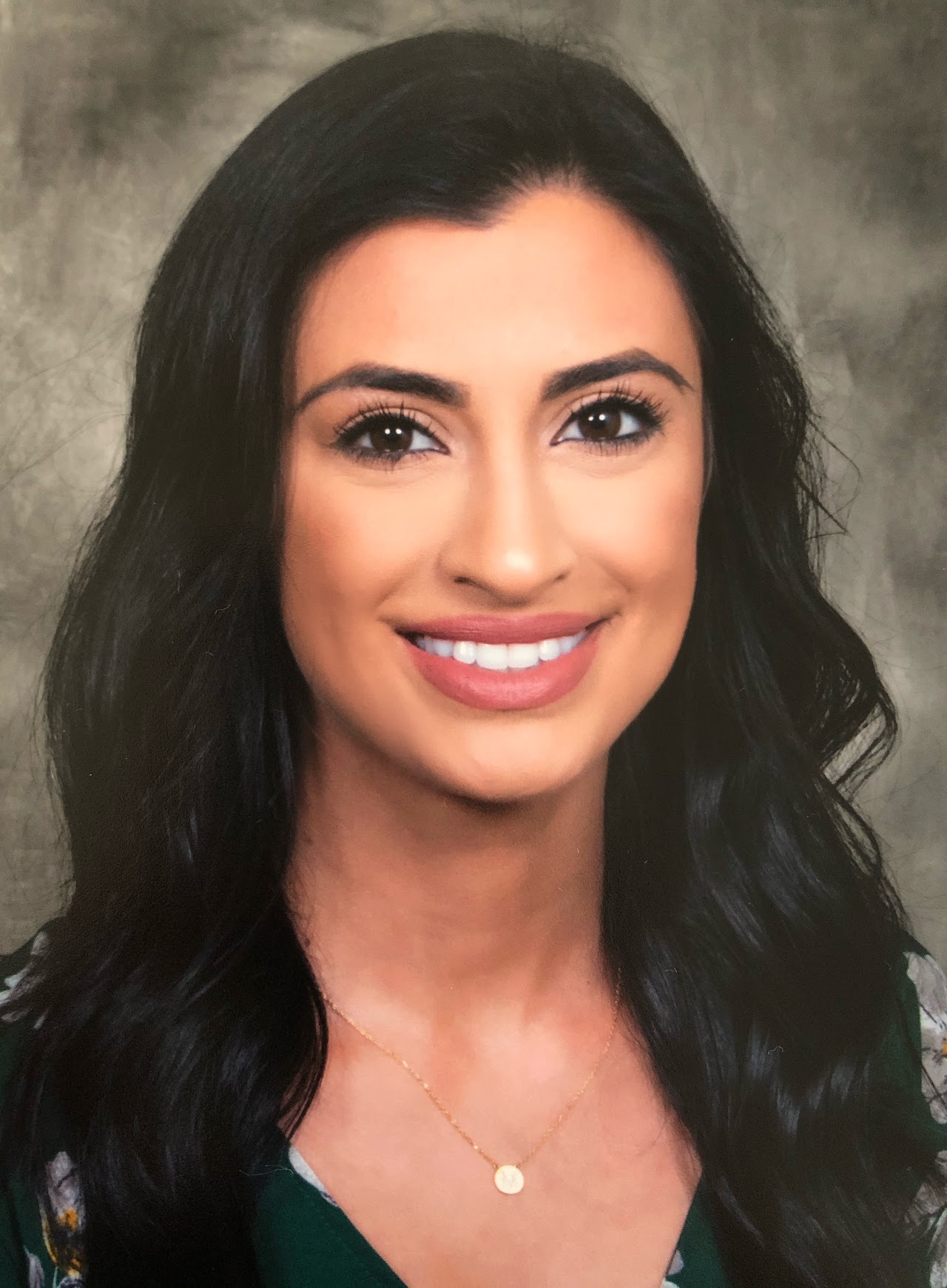Counseling
Vision

The School Counseling Program strives to provide opportunities so that every student will acquire the social-emotional, academic, and career skills to reach their fullest educational potential and successfully manage their lives as healthy, responsible, competent and productive citizens who respect themselves and others.
Mission
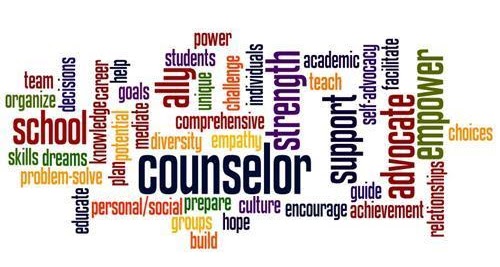
The mission of Empire Union School District School Counselors is to provide a comprehensive counseling program that supports the whole child. School Counselors will focus on the needs, interests, and issues related to social-emotional, academic, and college/career development of all students through a multi-tiered system of support. School Counselors will advocate, collaborate and facilitate actions that promote a positive school climate, provide an opportunity for all students to access their education and achieve personal and academic success to meet the challenges of a rapidly changing world.
Counseling Services within Stanislaus County
What are some reasons you would contact a school counselor?
When your student is having difficulty achieving academically.
When family changes interfere with academic progress.
When you want to become more involved in your student's educational and career choices.
When you want to arrange a meeting with several teachers or with both teachers and a counselor.
When you need assistance connecting to resources that would benefit your student.
Will my child be in trouble if he/she visits the school counselor?
No. School Counselors are not disciplinarians. We may meet with a student if they have received a discipline consequence to help create effective behavior change focused on positive, healthy behaviors.
School counselors have specialized training and skills in promoting appropriate student behavior and preventing disruptive student behavior. School counselors maintain nonthreatening relationships with students to best promote student achievement and development and serve as a resource for school personnel in developing individual and school-wide discipline procedures. School counselors should be, by policy, designated as neutral and resourceful consultants, mediators and student advocates. It is not the school counselor’s role to serve as an enforcement agent for the school but rather be a significant contributor to the development of the prevention and intervention programs through which problem behaviors are managed and positive behaviors are nurtured.
If the counselor sees my child, is this on the student's permanent record?
No. No information shared with the counselor is included in the permanent record. Again, information is only shared with others when there is a clear and present danger to the student or other persons.
What are the limitations to confidentiality that parents should know about?
The counseling relationship is confidential except as limited by law. A counselor is obligated by law to report any suspected abuse, neglect, or situation in which my child may present a danger to self or others. Although details of your child’s counseling sessions may not be revealed, you are invited to call or make an appointment to discuss other questions or concerns you may have.
Will my child miss the academic time when they see the school counselor?
While the school counselor makes every effort to protect academic time, it may occur that a student briefly misses academic time to meet with the counselor. School counselors do their very best to prevent the counseling session from being a burden on the student academically.
Will others know that my child is being seeing by the counselor?
School counselors take every precaution to protect the confidentiality of each child that we work with. When it comes to their children meeting with a school counselor, some parents are reluctant to support such a decision. They may fear the child will share “family secrets,” which will then be spread throughout the school. Or they worry that all the teachers in the school will learn of their child’s specific problems and hold it against the student. A student’s right to privacy and confidentiality is the basis for an effective counseling relationship. Confidentiality ensures that school counselors will not share students’ disclosures with others except when the student authorizes it or when there is a clear and present danger to the student and/or to other persons.
If my child sees the school counselor, will I be contacted?
Many times parents initiate the referral process and may speak to the counselor before counseling sessions take place with the students. However, parents are not called every time a counselor meets with a child. And, should parents be called in to meet with the school counselor as well, in a collaborative effort to help the student, parents must also realize that confidentiality is the hallmark of a school counselors’ work. When students enter into a counseling relationship with their school counselor, the school counselor will educate the student about the purposes, goals, techniques and rules of procedure under which they may receive counseling.
As counseling with a student progresses, it may become beneficial or necessary for the school counselor to consult and collaborate with parents. Either the parent or the professional school counselor may initiate the collaboration process. It’s the school counselor’s responsibility to reach an agreement with the student about what information to share with the parents unless, of course, there is a clear and imminent danger to the student or others.
While respecting the rights and responsibilities of parents/guardians for their children, the school counselor works to establish a mutual relationship with parents/guardians to maximize a student’s development. In addition, school counselors respect students’ values and beliefs without imposing their own personal values on the situation.
Can the school counselor provide therapy?
While school counselors have specific training in regards to mental health issues, they are not intended to function as therapists. The role of school counselors is to assist students in their social-emotional learning and with academic concerns that may interfere with their academic success. School counselors are equipped to serve as liaisons with outside agencies and can consult with families about the steps to take to link to outside therapeutic services.
